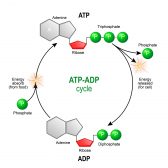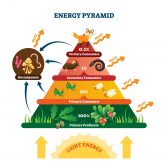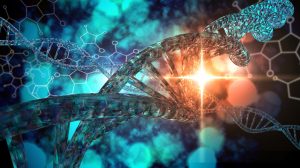Ginger Definition
In botany, ginger is a plant of the genus Zingiber. The scientific name is Zingiber officinale. It is a flowering plant identifiable for its narrow leaf blades, clusters of yellow flowers, and rhizome, which is referred to as ginger root. Ginger is a perennial herb that is widely used as a spice. In fact, the term “ginger” is also used to pertain to the rhizome (ginger root) of the plant. It is cultivated and harvested for use as a spicy ingredient. The rhizome, though, is not a root but a modified stem. However, it grows underground, and therefore it can be mistaken as root. It is a stem where a pseudostem (a seemingly stem structure consisting of overlapping leaf bases) grows from. Ginger also has medicinal value. It is believed to have anti-inflammatory, antibacterial, antiviral, and other healthful properties. (Ref. 1)
References:
- Fletcher, J. (2020, January 3). Why is ginger good for you? Medicalnewstoday.Com; Medical News Today. https://www.medicalnewstoday.com/articles/265990#nutrition







